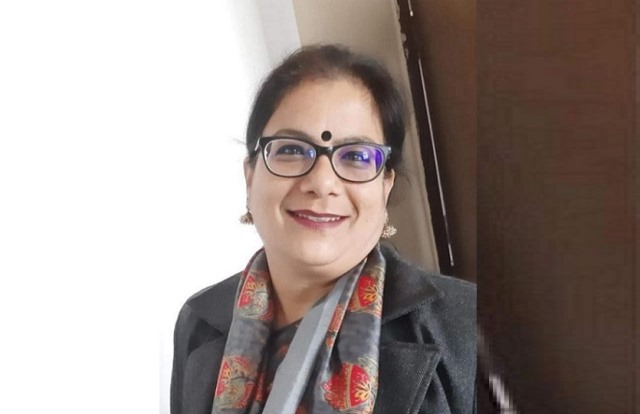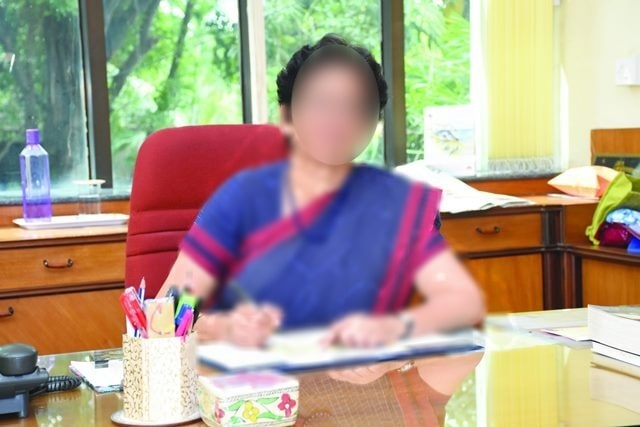Chandrakanta Khan, a Patna-based social and cultural activist, says the real issue in both Karnataka and Iran is that men want to dictate what a woman should wear
I am not in favour of forcing anyone on what they choose to wear, be it women, men or children. Perhaps children, when they are very small, might have to be told, but the moment they become independent, they have a right to choose how they would like to dress. For me, the right to religion and food, for instance, is a question of personal choice. Nothing should be forced.
In Karnataka, recently, they singled out Muslim schoolgirls, bullied and harassed them, because they were wearing hijab. If a girl is a good student, her capability should be appreciated, why is she being harassed because of wearing a hijab? If you want to hire a teacher, is her education and capability more important, or her faith? The column on religion in application forms should be totally eliminated. Qualifications, honesty and capabilities are most crucial – where does faith come in all this? And how is a compulsory dress code, or religion, important here?
In a society conditioned to be chauvinistic, women are continuously suppressed, for ages. They have been reduced to second class citizens. When women are attacked, hounded or molested, is it because of her clothes? When some men rape a three-year old girl, or an old woman, do they do this act of bestiality because of her dress? They will then say, oh, she went out in the night, hence this happened. I mean what will a mother do if her child is sick in the night and she has to take her all alone to the hospital? Indeed, in a deep and sad manner, our society has failed.
Women are often paid less salary then men. Women are not even allowed to demand equal or more salaries, why? Our society has been conditioned to treat women as inferior beings – this is absolutely wrong and should be challenged.
These days especially, in the current, retrograde, social atmosphere, in WhatsApp etc, there is a new, regressive concept being spread about women in India – that she should be sanskari — a good woman. Perhaps it was one of those fake propaganda stories, but it is symbolic of the times. A school student was asked to write an essay on ‘Ma Ka Aanchal’. So he/she writes that when the mother had an ‘anchal’, one could hide one’s face in it, use it like a towel to wipe one’s face, while she would tie coins in the end of her anchal. The absurd implication behind this sentimentality is that now this kind of a ‘role model mother’ is absent.
ALSO READ: Hijab Ban Is A Toxic Mix of Sexism & Communalism
I mean, a mother who is wearing jeans, she too loves her children. A working mother too loves and takes care of her children. I wear jeans and I love my children. Even a working mother is extremely serious about her children’s education, she knows which chapter is being taught in the classroom, where to follow up from yesterday’s classroom and home work.
In know through experience that in certain schools some teachers tell girls not to sit or play with boys. This is absurd. If this is the kind of upbringing they are giving to our children, what kind of warped creatures do they want to make in the future?
A girl student works diligently, in her studies, goes for higher qualification with her talent and hard work, qualifies in a competition, or gets a professional job – why should she not choose an occupation for herself after all these years of painstaking labour? Why should she be only compelled to marry and ‘take care’ of the household? What is this entrenched stereotype that she has to devote her life to the family – why can’t she nurture her talent and professional expertise? Why can’t she also devote her life to society?
They have imposed a hijab forcibly on women in Iran. They have murdered a young girl. Wearing an outfit is a matter of personal choice. Women have a right to choose their outfits. I fully stand with the protesting women of Iran.
As told to Amit Sengupta
Ms Khan is a member of the Indian People’s Theatre Association, (IPTA), Bihar chapter

